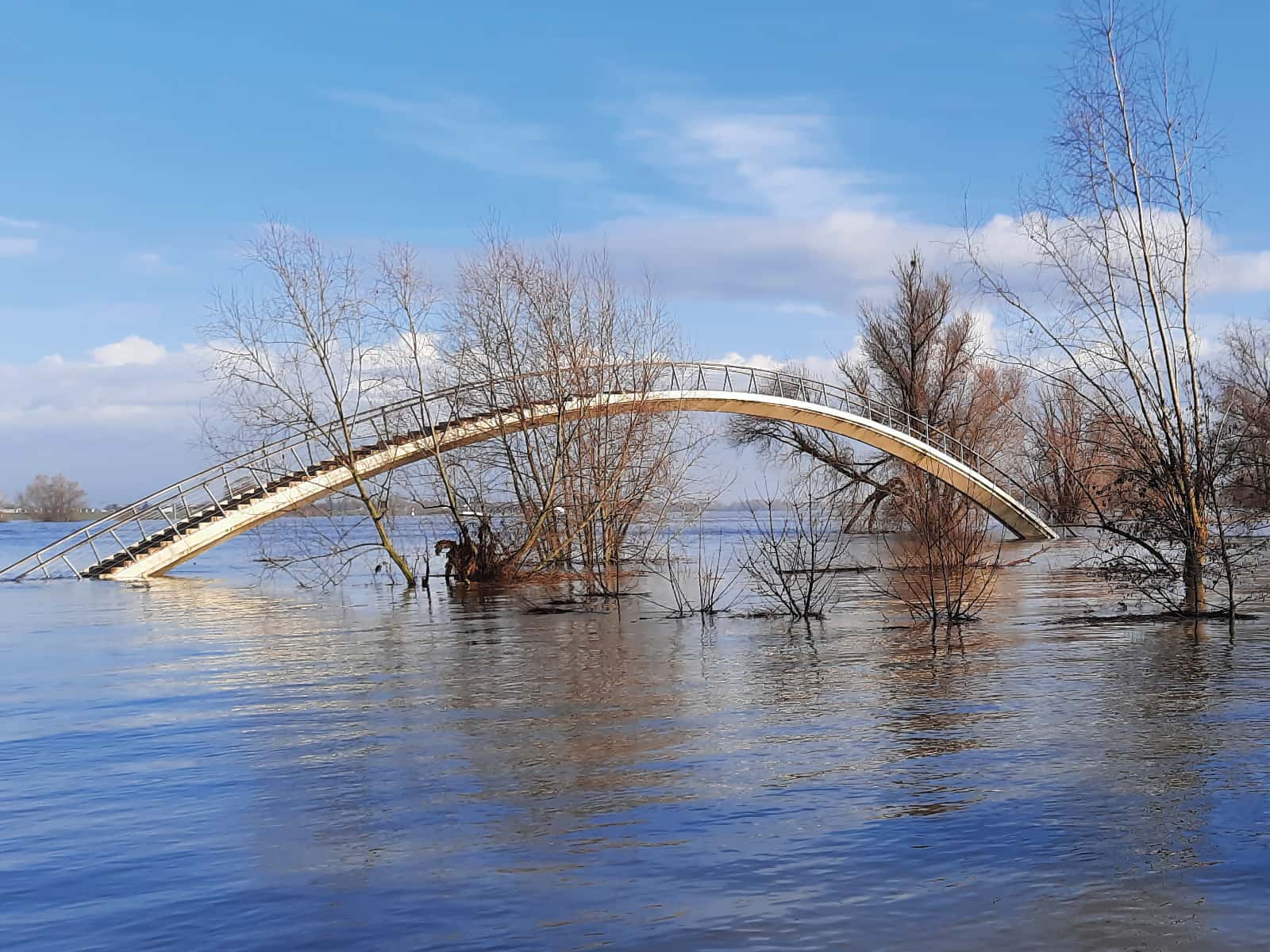

Downloads
DOI:
https://doi.org/10.58981/bluepapers.2022.1.05Published
Issue
Section
License
Copyright (c) 2023 Neelke Doorn

This work is licensed under a Creative Commons Attribution 4.0 International License.
How to Cite
Abstract
Water consumption and freshwater supplies are unevenly shared worldwide, while droughts and floods as extreme climate events are becoming more common. Water challenges cannot be addressed by technical means only. We must reflect on the trade-offs between economic and environmental concerns, and identify which water-related risks to prioritize. Thus, water ethics become an important analytical key in posing two critical questions: what values are at stake when we address the world’s water challenges, and who is affected by these water challenges? This links to questions of responsibility: to the extent that these water challenges are related to past behavior, the “past” may create a responsibility to address these present challenges, including when they materialize in other regions.
References
Cañizares, Jose C., Samantha M. Copeland, and Neelke Doorn. 2021. “Making Sense of Resilience.” Sustainability 13, no. 15. https://doi.org/10.3390/su13158538.
Chang, Ruth. 1997. Incommensurability, Incomparability, and Practical Reason. Cambridge: Harvard University Press.
Davoudi, Simin. 2012. “Resilience: A Bridging Concept or a Dead End?” Planning Theory & Practice 13, no. 2: 299–307. https://doi.org/10.1080/14649357.2012.677124.
Doorn, Neelke. 2016. “Distributing Responsibilities for Safety from Flooding.” In E3S Web of Conferences: FLOODrisk 2016 - 3rd European Conference on Flood Risk Management, edited by Lang, Michael, Frans Klijn and Paul Samuels. Lyon: Edp Sciences.
Doorn, Neelke. 2018a. “Distributing Risks: Allocation Principles for Distributing Reversible and Irreversible Outcomes.” Ethics, Place & Environment 21, no. 1: 96–109. https://doi.org/10.1080/21550085.2018.1448041.
Doorn, Neelke. 2018b. Values in Water (Inaugural Address). 16 November, 2018. http://resolver.tudelft.nl/uuid:c5216606-96bc-4008-9424-ed3ed6bc348e
Doorn, Neelke. 2019. Water Ethics: An Introduction. New York: Rowman & Littlefield.
Doorn, Neelke, Lieke Brackel, and Sara Vermeulen. 2021. “Distributing Responsibilities for Climate Adaptation: Examples from the Water Domain.” Sustainability 13, no. 7. https://doi.org/10.3390/su13073676.
Groenfeldt, David. 2013. Water Ethics: A Values Approach to Solving the Water Crisis. New York: Earthscan/Routledge.
Hegger, Dries L. T., Heleen L. P. Mees, Peter P. J. Driessen, and Hens A. C. Runhaar. 2017. “The Roles of Residents in Climate Adaptation: A Systematic Review in the Case of the Netherlands.” Environmental Policy and Governance 27, no. 4: 336–50. https://doi.org/10.1002/eet.1766.
Hoekstra, Arjen Y. 2013. The Water Footprint of Modern Consumer Society. New York: Routledge.
Howard, Guy, and Jamie Bartram. 2003. Domestic Water Quantity, Service Level and Health. Geneva: World Health Organization.
Meerow, Sara, Joshua P. Newell, and Melissa Stults. 2016. “Defining Urban Resilience: A Review.” Landscape and Urban Planning 147: 38–49.
Meisch, Simon P. 2019. “I Want to Tell You a Story: How Narrative Water Ethics Contributes to Re-Theorizing Water Politics.” Water 11, no. 4: 631.
Teodoro, Jose D., Neelke Doorn, Jan Kwakkel, and Tina Comes. 2022. “Flexibility for Intergenerational Justice in Climate Resilience Decision-Making: An Application on Sea-Level Rise in the Netherlands.” Sustainability Science. https://doi.org/10.1007/s11625-022-01233-9.
Van de Poel, Ibo R., and Lamber Royakkers. 2011. Ethics, Technology and Engineering. Oxford: Wiley-Blackwell.
Walker, Brian, Lance Gunderson, Ann Kinzig, Carl Folke, Steve Carpenter, and Lisen Schultz. 2006. “A Handful of Heuristics and Some Propositions for Understanding Resilience in Social-Ecological Systems.” Ecology and Society 11, no. 1: 1–13.
World Health Organization. 2022a. “Drinking-Water.” Accessed November 21, 2022. https://www.who.int/news-room/fact-sheets/detail/drinking-water.
World Health Organization. 2022b. “Sanitation.” Accessed November 21, 2022. https://www.who.int/news-room/fact-sheets/detail/sanitation


